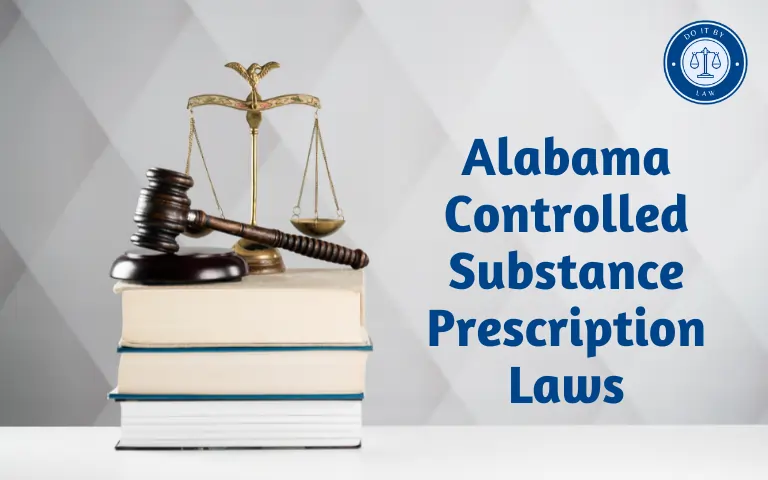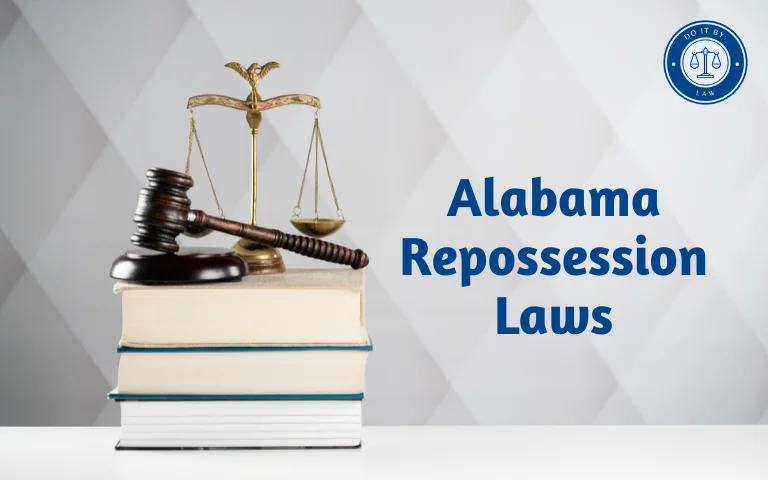Alabama Peanut Laws: What You Need to Know
Peanuts have long been a major agricultural crop in Alabama, hence the nickname “The Peanut State”. Various state laws and regulations govern the production, processing, and sale of peanuts within Alabama. This article provides an overview of key Alabama peanut laws that producers, processors, and sellers of peanuts should understand.
When Were Alabama Peanut Laws Enacted
Alabama’s history with peanut farming dates back to the early 19th century. Peanut production expanded rapidly in the state’s Wiregrass region in the late 1800s once the boll weevil devastated the cotton crops.
Key laws related to Alabama’s peanut industry include:
- 1915 – The Alabama Department of Agriculture and Industries was established to regulate agriculture.
- 1969 – Legislature created the Alabama Peanut Producers Association to promote and protect the interests of peanut farmers.
- 1975 – The Alabama Peanut Marketing Act was passed authorizing regulations on peanut sales and storage.
- 2002 – The Alabama Peanut Producers Board was established to administer peanut program funding.
- 2014 – Updates were made to state laws on peanut production contracts and buyer/seller relations.
So while peanuts have long been important in Alabama, laws and organizations governing the industry emerged in the 20th century and continue evolving today.
Why Alabama Peanut Laws Exist
Key reasons for Alabama laws relating to peanuts include:
- Establishing standards for the production, storage, processing, and sale of peanuts.
- Managing the inspection and grading of peanuts being marketed.
- Regulating contracts between peanut farmers and buyers.
- Levying taxes/assessments on farmers to fund research and promotion programs.
- Protecting peanut producers against unfair trade practices.
- Controlling diseases that could impact peanut crops through regulations.
- Maintaining high-quality Alabama peanuts to protect reputation and value.
- Supporting the economic success and stability of Alabama peanut farms and related industries.
Overall, the laws aim to ensure fair markets, efficient production, and high-quality standards that benefit all participants in Alabama peanut industry.
Who Alabama Peanut Laws Apply To
Key groups impacted by Alabama peanut laws include:
- Peanut producers – Farmers must comply with licensing, assessments, marketing, and contract regulations.
- Peanut buyers – Buyers and handlers must follow grading, inspection, and purchase requirements.
- Warehouses – Warehouses storing peanuts must meet bonding and receipt issuance rules.
- Manufacturers – Food production facilities must follow labeling and manufacturing standards for peanut products.
- Retailers – Stores selling peanuts and peanut products must adhere to packaging and sales requirements.
- Consumers – Can only purchase peanut products meeting state quality and labeling standards.
- Transporters – Those transporting peanuts between farms/warehouses must comply with load-securing rules, inspections, etc.
The regulatory oversight throughout the peanut supply chain ensures compliance from planting to final sale.
Key Provisions of Alabama Peanut Laws
Major laws relating to Alabama peanut industry include:
Alabama Peanut Producers Act
- Established the Alabama Peanut Producers Association and Board to promote and fund research on peanuts.
- Requires licenses for peanut producers and assessments on peanut sales.
- Assists with production contracts between farmers and buyers.
Alabama Peanut Marketing Act
- Requires inspection and grading of all peanuts marketed in Alabama.
- Sets standards for peanut storage warehouses.
- Regulates sale transactions including contracting, receipts, pricing, and payments.
- Allows the Department of Agriculture to seize substandard products.
- Establishes a mediation program for contract disputes between producers and buyers.
Additional Laws and Regulations
- Requires licenses for businesses manufacturing or processing peanuts.
- Sets standards for product labeling, packaging, and advertising.
- Restricts transportation of peanuts to prevent the spread of diseases.
- Requires equipment sanitation and facility pest control.
- Bans harmful pesticides and requires disease testing.
- Sets load securing rules for vehicles transporting peanuts.
Penalties for Violating Alabama Peanut Laws
Entities that violate provisions of Alabama laws relating to peanut production, sales, and processing are subject to:
- Civil penalties – Fines up to $1000 per violation.
- License/permit suspension or revocation – For producers, warehouses, manufacturers, etc.
- Product seizure – The Department of Agriculture can seize and destroy substandard peanut products.
- Cease and desist orders – Businesses may have to stop operations for violations.
- Misdemeanor charges – Possible jail time up to 12 months and fines up to $1000.
- Lawsuits – Farmers or manufacturers may sue for contract violations or negligence.
- Ineligibility – Producers may lose state peanut program benefits for violations.
Penalties aim to ensure regulatory compliance across Alabama peanut industry. Most violations incur fines or license suspensions, but severe cases can lead to product seizures, criminal charges, and lawsuits.
Recent Changes to Alabama Peanut Laws
Some recent amendments impacting Alabama peanut laws include:
- 2022 Farm Bill – Provided new federal funding for peanut research and conservation programs. Alabama modified state plans to align with changes.
- 2020 – Updates to boll weevil eradication laws to slow the spread of infestations threatening peanut crops.
- 2019 – New rules for produce safety and equipment sanitation on peanut farms as required by the FDA Food Safety Modernization Act.
- 2018 – Changes allowing online sales and digital transaction records for warehouses and peanut buyers.
- 2014 – Updated laws on production contracts between farmers and buyers following 2013 disputes. Added mediation process.
While no major overhaul of peanut laws has occurred, Alabama regulations are continually evolving to address emerging issues and align with federal rules.
Controversies and Debates Around Alabama Peanut Laws
Some areas of contention related to Alabama peanut laws include:
- Assessments – Farmers have challenged required payments to the Peanut Producers Association used to fund programs they disagree with.
- Contracts – Despite 2014 updates, producers still claim buyers abuse contract provisions for pricing and quotas.
- Federal vs. state – Changing federal rules sometimes create conflicts with existing state peanut regulations.
- Safety standards – Manufacturers often argue against the cost of new sanitation and compliance rules.
- Disease control – Disagreements occur around movement restrictions and disease testing protocols impacting farmers.
- Enforcement – Some argue the Department of Agriculture lacks adequate resources to enforce peanut regulations.
Ongoing debates balance farmer interests against manufacturers, buyers, and public safety concerns. Changes typically result from compromises between the various stakeholders.
Conclusion: Key Takeaways on Alabama Peanut Laws
In summary, major points about peanut laws in Alabama include:
- Regulation of the peanut industry has evolved over the past century to promote quality, safety, and fair markets.
- Laws impact all participants from producers to end retailers of peanut products made in Alabama.
- Key rules govern licensing, inspections, contracting, transportation, manufacturing standards, and disease control.
- Violations can result in civil fines, criminal charges, lawsuits, revoked licenses, and product seizures in severe cases.
- Regulations frequently update to address emerging issues like contract disputes, federal law changes, and safety standards.
- Debates continue between farmers, manufacturers, regulators, and the public over assessing the costs and benefits of rules.
Alabama peanut laws aim to maintain the strength of one of the state’s most iconic agricultural sectors while adapting to new challenges. Those involved in Alabama peanut supply chain should stay up to date on relevant state and federal requirements.







